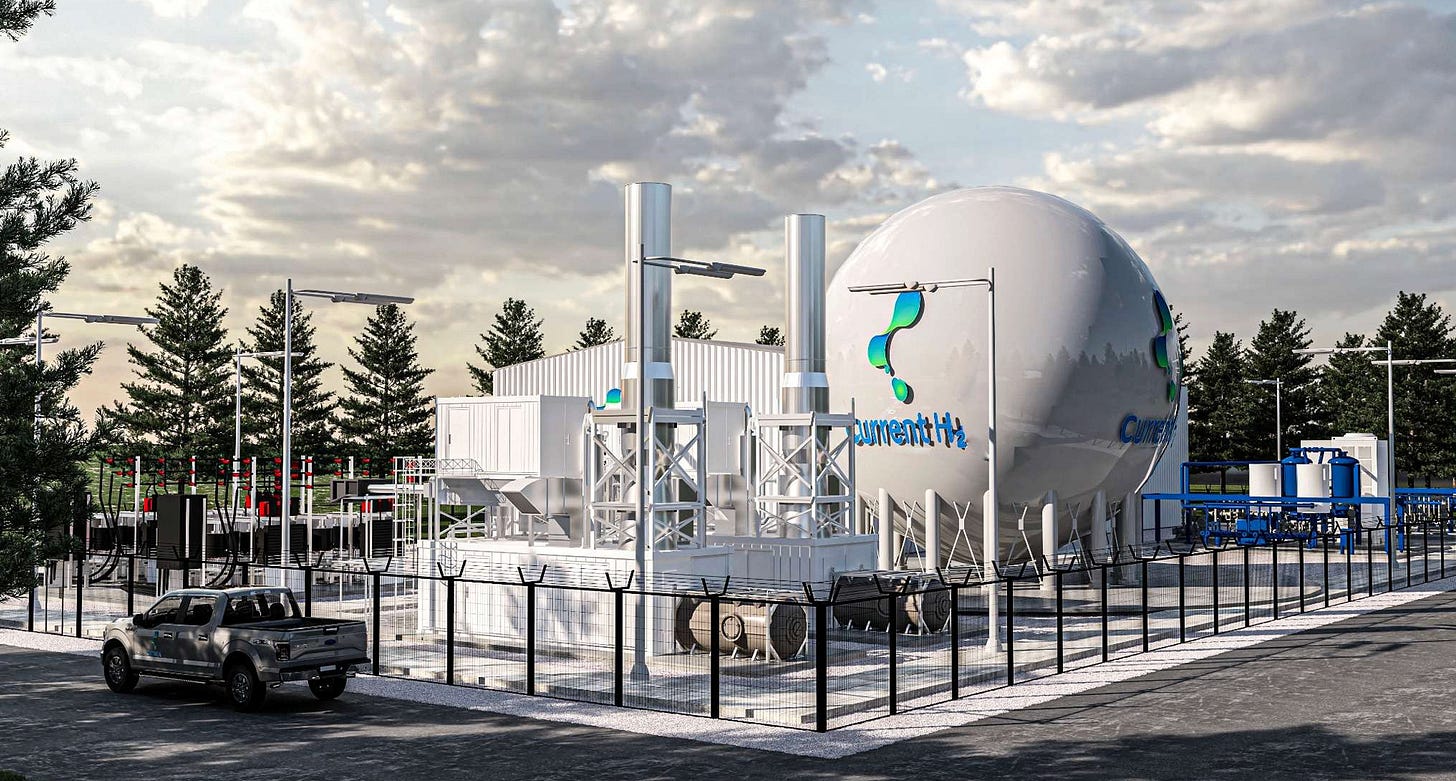Owen Sound Joins Bid for North America’s First Hydrogen Peaker Plant
Owen Sound council has endorsed Public Energy Inc.’s bid to build a hydrogen peaker plant on 20th Street East. The city is one of several locations under consideration.

Owen Sound City Council has thrown its support behind a proposal for what could be North America’s first fully hydrogen-powered peaker plant.
At its September 22 meeting, council passed a resolution requested by Public Energy Inc. to …
Keep reading with a 7-day free trial
Subscribe to The Owen Sound Current to keep reading this post and get 7 days of free access to the full post archives.


